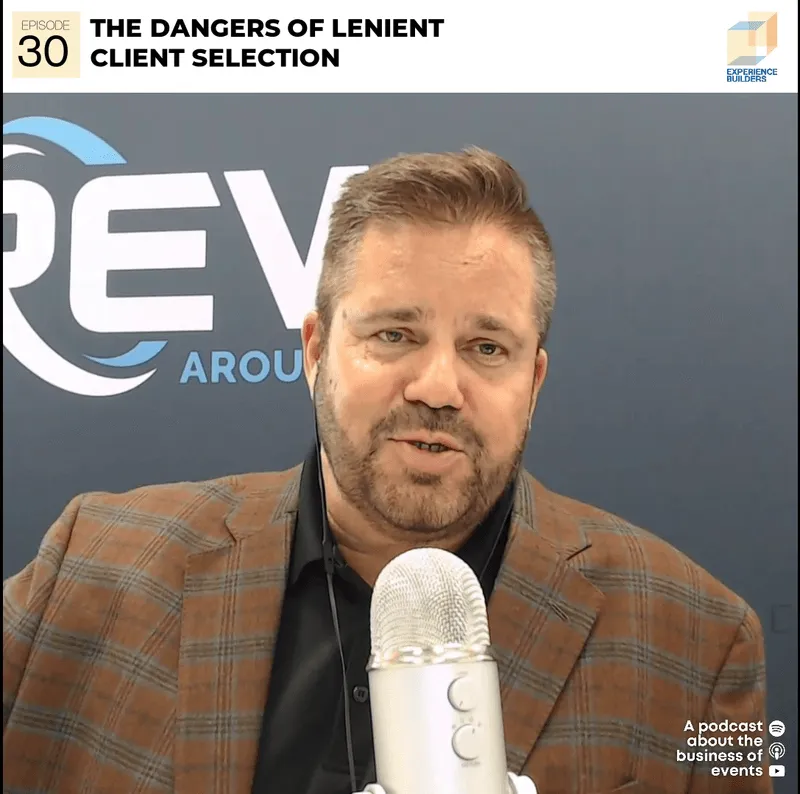by Emily Olson
When the pandemic caused nearly universal belt tightening, Tony Andrews had an experience familiar to many: He was out of a job.
Andrews had been in the tradeshow industry for 30 years, starting in the business as a client to a project manager. “I worked for a company that built conveyer machinery,” he explains. “They wanted to start exhibiting at shows and had me take the lead on doing that. I knew nothing about how to exhibit, so I contacted Freeman to help. For the next couple of years, Freeman taught me the business.” When the company he worked for got bought out by a bigger company, Freeman brought Andrews on board as a project manager.
After his time at Freeman, he served as an I&D manager and production manager for companies like Xhibits in Las Vegas and MICE in Phoenix before being hired as operations manager at Derse, where he spent the next 15 years of his career, eventually working as a project manager, managing a large account for them in Dallas. Derse lost that account early in the pandemic and the company suddenly had a dilemma. They had an experienced and valued project manager, but nothing for him to do.
“I was about to turn 65,” Andrews says, “so I told them, ‘Look, if there’s nothing for me to do, I might as well retire.’” But was he ready to retire? “Not quite,” Andrews chuckles. “But as we all know, every story has a twist.”
Rather than spending his new-found retirement fishing, Andrews decided to go freelance and return to the industry he loves. So he headed to EXHIBITORLIVE to meet up with his colleagues—many of whom protested his early retirement—and find some independent work. Instead, he left with a job offer in hand from The Trade Group as a project manager. “I liked the people and the looks of the company, how they are highly respected in the industry and their commitment to quality, so I decided to accept the offer. It’s a shorter commute, too,” he laughs. “It’s nice to see companies recognize and value people who have been in the business a long time and have a lot of knowledge and experience.”
He brings up an interesting point. How should companies find balance between hiring employees with experience at a higher salary point and hiring people new to the business at a lower salary who don’t have the experience, but keep the industry alive? “I agree that hiring younger and cheaper is a thing that’s happening,” Andrews says. “Some companies are trying to rehire, but some of the people getting hired are very young and don’t have the experience. They come at a cheaper rate, but you have to pay for experience because it can be the difference between success and failure [at a show].”
He continues, “I wish the industry had an apprenticeship program for people who wanted to travel and see the glitz and glamor that comes with working at a show. This industry is a young person’s game, but so many of us in our 60s are slowing down and working circles around these younger guys because we have the experience to think five or six steps ahead. You have to carry a lot of wall panels from one side of the booth to the other before you start directing crates to be put where they belong when they come in.”
So now that he’s officially unretired, is Andrews looking forward to retirement? “It’s still five or 10 years down the road,” he says with pride, still clearly in love with the industry that raised him. “Hell, I’ll unload trucks. Just put me to work.”
This story originally appeared in the Q1 2022 issue of Exhibit City News, p. 60. For original layout, visit https://issuu.com/exhibitcitynews/docs/ecn_Q1_2022
































